In 2025, as inflation continues to rise and the economy struggles to recover, many Americans, particularly those from middle-class and low-income backgrounds, are receiving much-needed financial relief through state-level stimulus checks and tax refunds.
These payments, unlike previous federal stimulus checks, are being distributed by individual states to assist residents with rising living costs.
Key Stimulus Programs for June 2025
While there has been no new federal stimulus package from the Internal Revenue Service (IRS) or the Trump administration, several states have stepped in to provide their own financial support to residents. Here are some of the prominent programs that will distribute payments in June 2025.
California: Golden State Stimulus Phase 3
California continues its Golden State Stimulus program with the third phase of payments scheduled for June 7 to 21, 2025. Payments range from $200 to $600 depending on household eligibility.
To qualify, residents must have filed their 2023 state tax return and meet specific income limits. The final amount depends on factors such as the number of dependents and filing status.
Residents who qualify do not need to apply again. Payments will be sent via direct deposit (3-5 business days) or paper checks (up to 10 days). To check the status of payments, residents can visit the Franchise Tax Board website.
Texas: Utility Bill Assistance for Seniors
In Texas, the state is providing a one-time $150 payment to low-income seniors to help with utility bills. This payment will be distributed between June 7 and 21, 2025. To be eligible, individuals must be at least 65 years old, have a low income, and be Texas residents.
Unlike automatic payments in other states, residents must contact their local utility provider to apply. The Texas Department of Human Services handles the application process, and required documents vary by service provider.
Georgia: Surplus Tax Refunds for Filers
Georgia is issuing surplus tax refunds to eligible taxpayers who meet specific filing deadlines. Single filers can receive $250, while married couples filing jointly can get $500. Some payments have already been distributed in early June, while others are still pending.
To qualify, residents must have filed both their 2023 and 2024 tax returns by May 1, 2025. Refunds are based on the 2023 federal adjusted gross income.
No additional paperwork is needed to receive the refund. Those who wish to check their refund status can do so online through the Georgia Department of Revenue website.
New Mexico: Income Tax Refunds
New Mexico is providing automatic income tax refunds to residents who filed their 2024 state tax returns. The amounts range from $500 for single filers to $1,000 for couples filing jointly. Refunds will be distributed between June and July 2025.
Eligibility is based on filing a 2024 state tax return, and residency will be verified. For more details, residents can visit the Department of Taxation and Revenue website.
Additional State Programs
New York: Inflation-Based Rebate Checks
New York will issue inflation-based rebate checks starting in mid-October 2025. These checks will provide up to $400 for households meeting certain income thresholds. Eligibility is automatic for those who file Form IT-201 for their 2023 tax year.
Virginia: Refunds for Tax Filers
Virginia will issue state refunds to those who file their tax returns before November 3, 2025. These payments will be issued after that date, unlike in states like California and Texas where payments are distributed earlier in the year.
Pennsylvania: Property and Rental Rebates
Pennsylvania is accepting applications for property and rental rebates through June 30, 2025. Eligibility for these rebates depends on residency and income requirements, as with other state-based relief programs.
Arizona: Dependents Rebates
In Arizona, residents can claim rebates for dependents. The state will provide $250 for each child under 17 and $100 for children over 17. Residents should check with the Arizona Department of Revenue for more information.

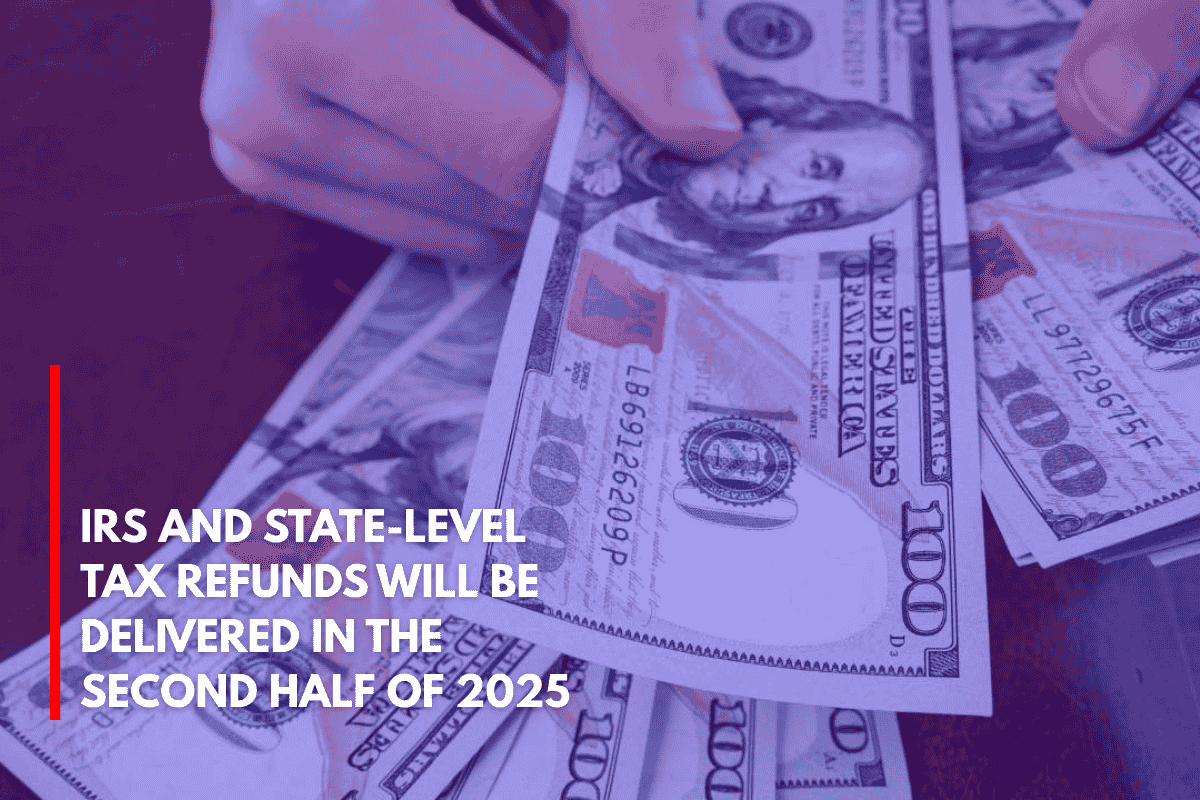



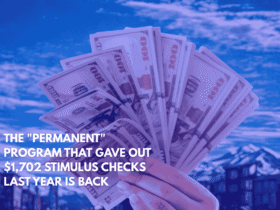


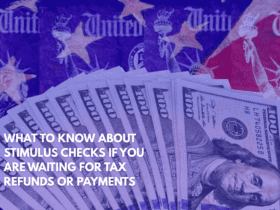
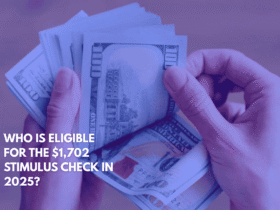
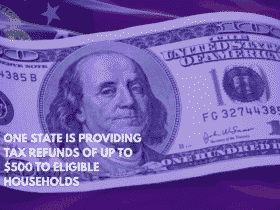
Leave a Reply